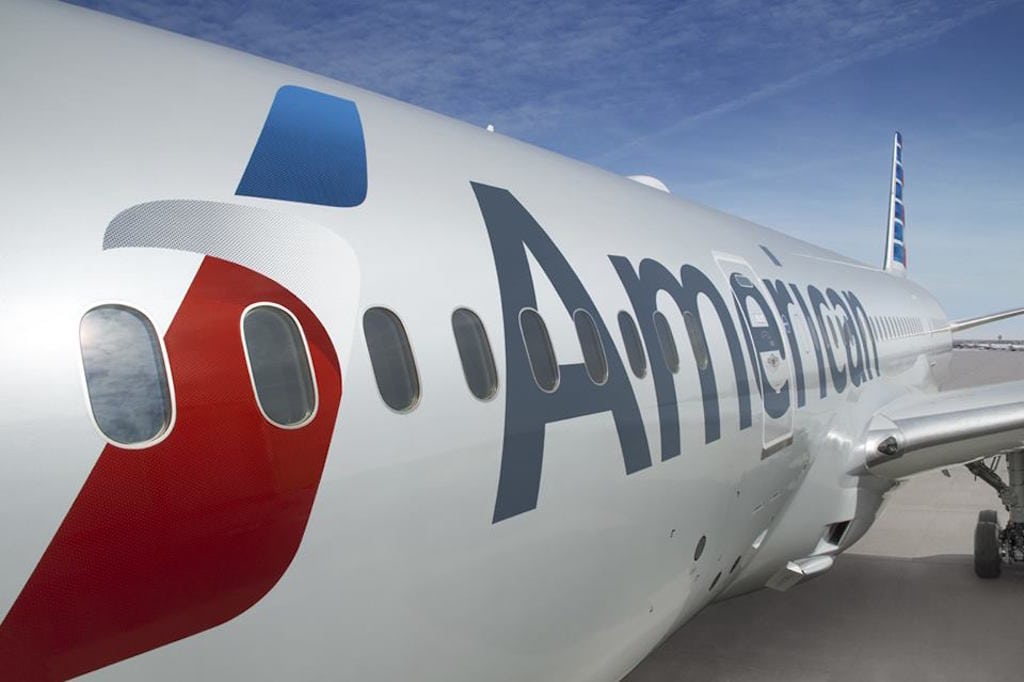American Airlines Revives Deep Discount Fares Because Their Absence Hurt

Skift Take
American Airlines eliminated its deeply discounted Advantage Fares during the first quarter but the airline has brought them back starting a few weeks ago because their absence negatively impacted revenue.
Advantage Fares, which originated with merger partner US Airways, provide discounted fares -- sometimes up to 40 percent -- on connecting flights to compete on competitors' nonstop routes.
For example, American Airlines today was offering a Choice fare for roundtrip Atlanta-Charlotte-Denver flight April 25-26 for $388 -- a massive discount to Delta's nonstop fares from Atlanta to Denver. Delta was listing main cabin seats at $956 on Atlanta-Denver nonstop, roundtrip flights on the same dates.
American Airlines Group president Scott Kirby told analysts and media during the carrier's first quarter earnings call that the airline decided to do a reset on Advantage Fares, withdrawing them during the first quarter, and found that the move negatively impacted revenue.
American Airlines brought back the Advantage Fares over the last couple of weeks, as did one competitor, Kirby said. The airline has seen strengthening demand and revenue on these routes, he added.
Advantage Fares had been an issue during the U.S. Department of Justice regulatory review of the US Airways-American Airlines merger. The Justice Department said US Airways vigorously competed for price-conscious passengers using Advantage Fares and expressed concern in its lawsuit to block the merger that Advantage Fares would disappear if the merger went through.
In fact, the Advantage Fares did not disappear post-merger -- except for their temporary absence during the first quarter of 2016 -- and American Airlines officials said today these fares in recent years have become a staple across the U.S. airline industry.
Didn't Like the Look in Their Eyes
In other matters, American Airlines Group CEO Doug Parker defended the airline's decision to offer employees a profit-sharing program for the first time, an initiative he conceded may concern some investors.
The program would pay employees five percent of pre-tax profit, excluding special items.
Parker said the absence of a profit-sharing program hurt employee morale as some competitors (such as Delta) instituted them.
"We lost part of the team," Parker said, meaning some employees felt like management wasn't appreciating their contributions to the bottom line.
"We looked them in the eyes," Parker said, adding that employees understood analytically that things were different now and management was listening to them.
"We didn't like the look we were getting back," Parker said. "The employees got it in their brains but not in their hearts."
"We need to have the team engaged and excited and this was holding us back," Parker said.
Parker said he's seen a difference, including better engagement, since the airline announced the profit-sharing plan. "Not because of the dollars, but they know it is different. We will listen."
How will the profit-sharing program and increased employee engagement impact the bottom line?
Said Parker: "It's impossible to quantify and it's early."





